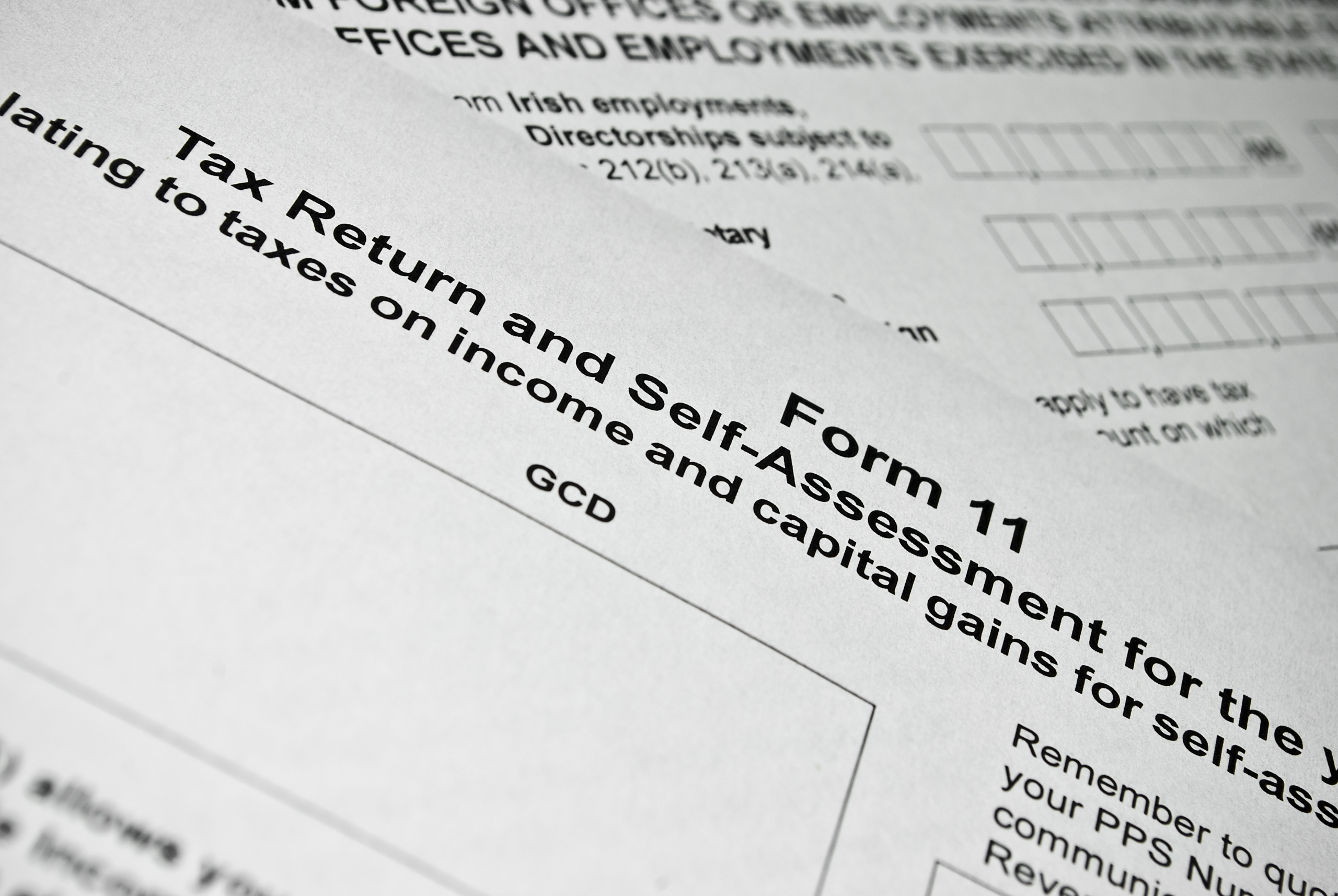
The R&D tax credit was introduced to incentivise large multinationals to locate an R&D unit here and to encourage Irish companies to invest in R&D activities.
Where a company meets the criteria to qualify for the R&D credit, it will be entitled to claim a tax credit equivalent to 30% of eligible expenditure incurred by it on qualifying R&D activities. As the claimant should also be entitled to claim a tax deduction at the standard rate of corporation of 12.5% on the same expenditure, it should result in an effective corporation tax benefit of 42.5%.
Changes from 2024
For accounting periods commencing from 1 January 2024, new rules have been introduced in Budget 2024. The main changes include the following:
- The R&D credit is increased from 25% to 30%
- The first payment instalment has been increased from €25,000 to €50,000
- The company must now provide pre-notification of intention to make an R&D tax credit claim
Is my company eligible to claim the R&D credit?
In order to qualify for the R&D tax credit the following must apply:
- The applicant must be a company
- The company must be within the charge to Irish tax
- The company must undertake qualifying R&D activities either within Ireland or the EEA
The expenditure on which the company is making the claim must be wholly and exclusively incurred in the carrying on by it of qualifying R&D activities. As per Revenue guidance, it is crucial that claimants distinguish the term “carrying on” from “for the purposes of” or “in connection with”. Indirect costs such as recruitment fees, insurance and travel costs, which are not wholly and exclusively incurred in the carrying on of the R&D activity do not qualify as relevant expenditure.
Typically, expenses which qualify for the R&D credit include materials, salary costs, subcontracted R&D and plant and machinery.
What are qualifying activities for the purposes of the R&D credit?
Qualifying activities must:
- Be systematic, investigative or experimental activities;
- Be in a field of science or technology;
- Involve one or more of the following categories of R&D:
- Basic research
- Applied research
- Experimental development
- Seek to achieve scientific or technological advancement; and
- Involve the resolution of scientific or technological uncertainty.
Essentially, the R&D activities being carried out must address an area of technological or scientific uncertainty where the outcome is unclear from the outset.
Claiming the R&D Tax Credit
Under the new R&D system which was introduced in Budget 2023, for periods commencing on 1 January 2023, a company will have an option to request either payment of their R&D tax credit or for it to be offset against other tax liabilities which will provide greater flexibility to the claimant.
Where a company opts to have the credit refunded, it will be refunded as follows:
- The first €25,000 (for accounting periods beginning on or after 1 January 2023) or €50,000 (for accounting periods beginning on or after 1 January 2024) of an R&D claim will now be payable in full in year 1.
- In year 2, the second instalment will equal three-fifths of the remaining balance.
- The third and final instalment in year 3 will in effect be the remaining balance.
A company will have the option to specify whether the R&D corporation tax credit is to be offset against the company’s tax liabilities or is to be paid to the company. Under the new regime, the option is there to offset against any tax liability, such as PAYE Employer liabilities or VAT liabilities.
In addition to the above, the current limits on the payable element of the credit will be removed as part of the new system.
Pre-notification
With effect from 1 January 2024, companies who wish to claim the R&D tax credit and it is either their first tax credit claim or it has been more than 3 years since their last claim, there is now a requirement to notify Revenue of their intention to make the claim. This must be done 90 days prior to making the claim.
The company must do this in writing and the information required is as follows:
- Name, address and corporation tax number of the company;
- Description of the research and development activities carried out by the company;
- Number of employees carrying on research and development activities; and
- Expenditure incurred by the company on research and development activities, which has been or is to be met directly or indirectly by grant assistance.
It is important that companies review their activities to determine if they qualify for the tax credit as the credit can prove to be a very valuable source of funding.
If you have any queries about the R&D tax credit, please contact us.







 The shift of share options from the Irish self-assessment system to PAYE withholding from 1 January 2024 is a significant change arising from Finance (No. 2) Bill 2023. Prior to this, employees were required to report and remit taxes within 30 days of exercising an option on Form RTSO1. Additionally, they were required to file an income tax return for the relevant year.
The shift of share options from the Irish self-assessment system to PAYE withholding from 1 January 2024 is a significant change arising from Finance (No. 2) Bill 2023. Prior to this, employees were required to report and remit taxes within 30 days of exercising an option on Form RTSO1. Additionally, they were required to file an income tax return for the relevant year.
